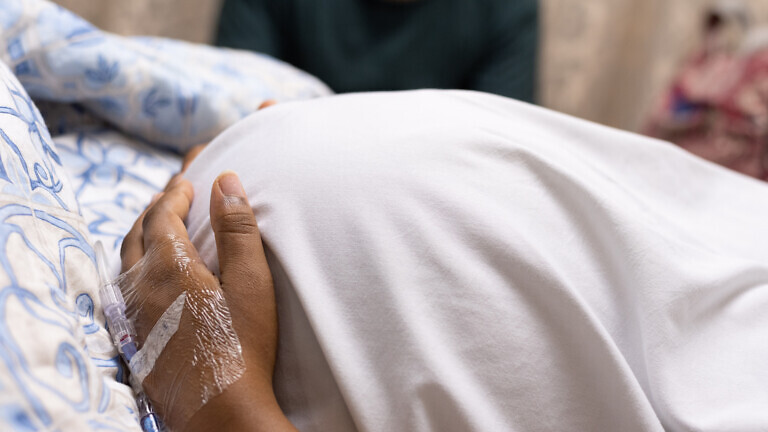Three NHS hospitals are trialling a 15-minute blood test which can fast-track life-threatening conditions in children.
A 15-minute blood test, which can fast-track the diagnosis of children with potentially life-threatening conditions, is being trialled by the NHS at three hospitals in England this winter.
The test can distinguish between bacterial and viral infections much more quickly than traditional tests, which means that serious diseases like sepsis or meningitis can be picked up sooner.
NHS England has funded a trial of the technology at emergency departments in Alder Hey Children’s NHS Foundation Trust, St Mary’s Hospital in London and Great North Children’s Hospital in Newcastle.
Doctors taking part say they have already seen the benefits of the test, including in a child with meningococcal meningitis who could be treated much more quickly as a result and a child with sepsis who could start antibiotics straight away.
“Quick diagnosis is crucial in ensuring patients get the most effective treatment, particularly for children who may have a potentially life-threatening illness,” said Simon Kenny, national clinical director for children and young people at NHS England.
Faster decisions
The study looking at the MeMed BV test is being led by the University of Liverpool and Health Innovation North West Coast, with funding provided through NHS England’s Small Business Research Initiative (SBRI) Healthcare.
“Our study is investigating whether this definitive test for a bacterial or viral infection will be useful in helping doctors make faster decisions and reducing the use of unnecessary antibiotics,” said Enitan Carrol, professor of paediatric infection at the University of Liverpool, who is leading the project.
Currently, the most likely type of infection can only be confirmed by a blood test, which then needs to be analysed by a lab and which can take a few hours. In the meantime, children may be given antibiotics or other treatment until a full diagnosis can be made, which takes time and resources, or they may initially be diagnosed with a minor illness.



